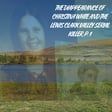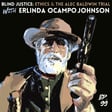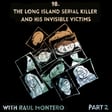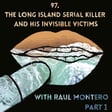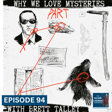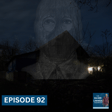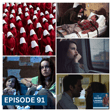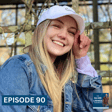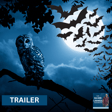
93. Why We Love Mysteries with Brett Talley (Part 1 of 2)
Brett Talley, is the co-host of The Prosecutors Podcast and an author of several bestselling novels and anthologies, including He Who Walks in the Shadows, That Which Shall Not Be, and The Fiddle is the Devil's Instrument.
We're going to talk about the world of mysteries, from classic literary whodunits to modern-day true crime. Brett shares his journey from being a fan of classic mysteries to becoming a true crime enthusiast, and discusses why humanity has an innate fascination with the unknown. We also explore some of the most unsettling cases including the disappearances of the Jack family and Brianna Maitland.
Check out the Silver Linings Handbook website at:
https://silverliningshandbook.com/
Check out our Patreon to support the show at:
https://ww.patreon.com/thesilverliningshandbook
Join our Facebook Group at:
https://www.facebook.com/groups/1361159947820623
Visit the Silver Linings Handbook store to support the podcast at:
https://www.bonfire.com/store/the-silver-linings-handbook-podcast-store/
Episode art by Hannah Hill who is the talented artist who produces art for every episode of The Prosecutors podcast, which Brett co-hosts with Alice LaCour. To check out and support Hannah's art, check out her Instagram at @serious_moonlite or her website at https://linktr.ee/HannahHillArt.




